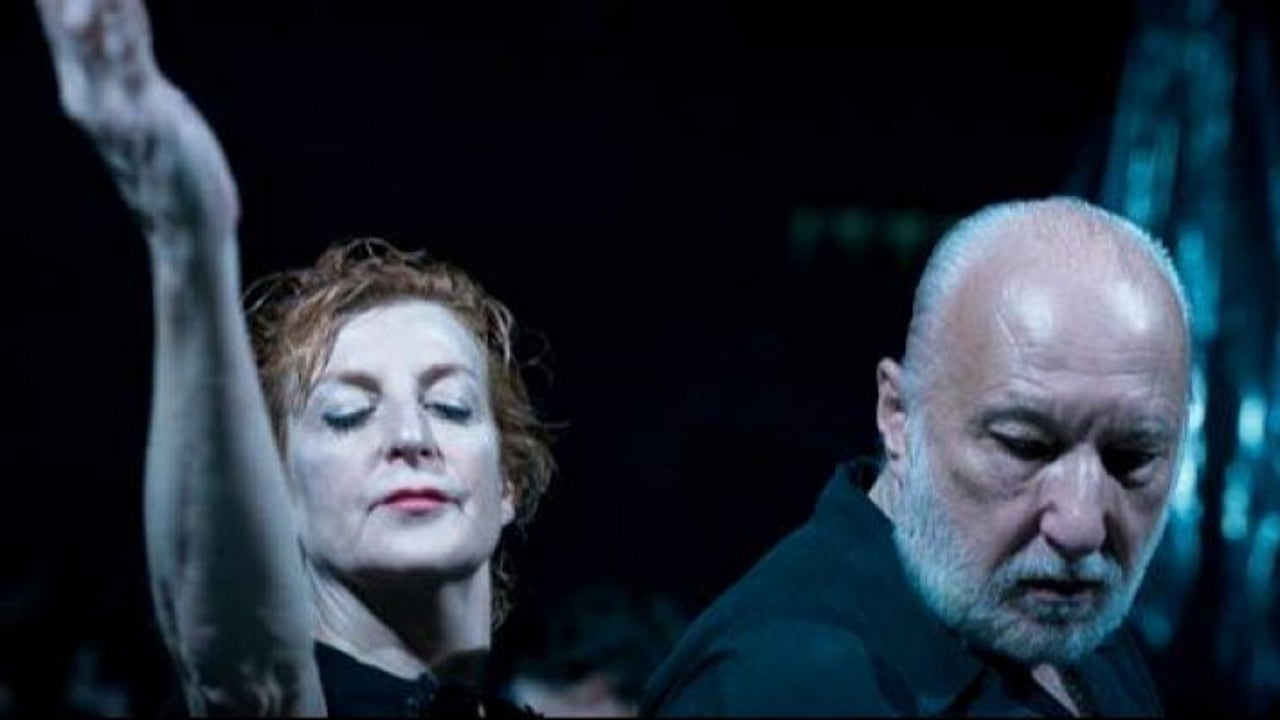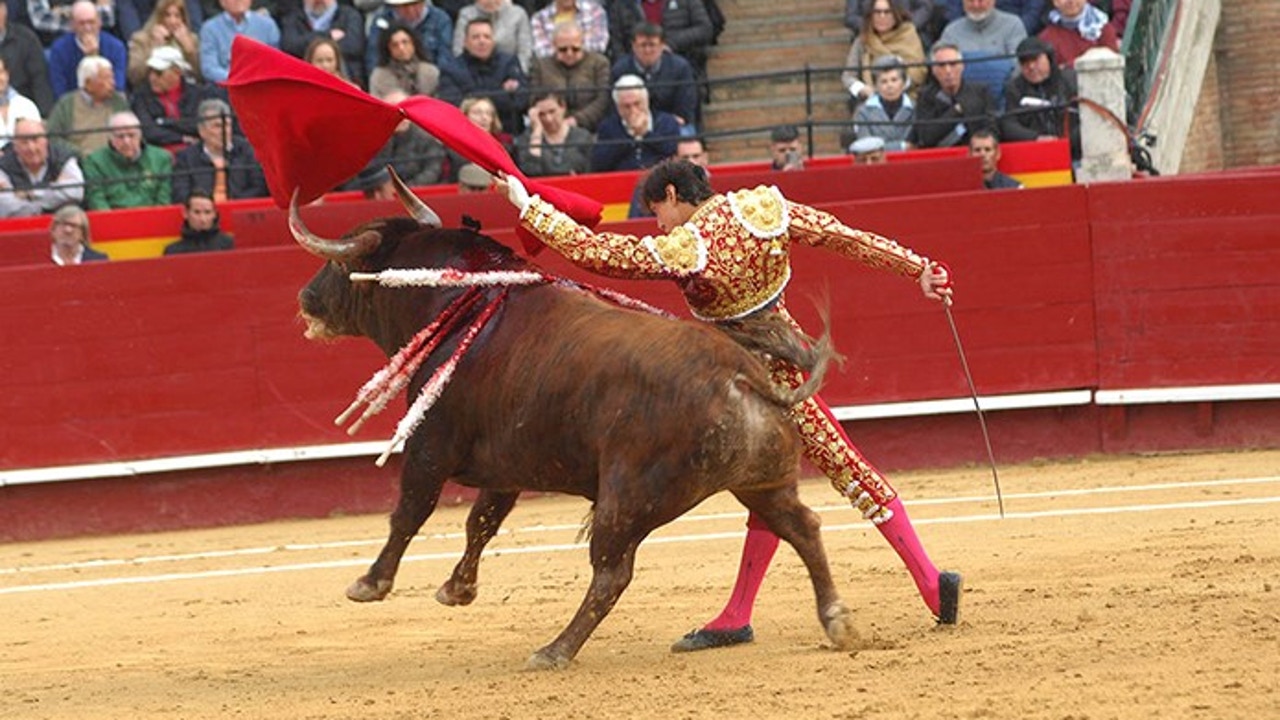Berlinale 2019: The criticism that changed the history of cinema | Culture


For once it was not the filmmakers who changed their art, but a critique. And although from the pages of the French magazine Cahiers du cinéma the Nouvelle Vague was promoted (in fact, its writers became directors), there have been no lyrics like those of Pauline Kael, who with their criticisms in The New Yorker paved the way to the glory of New Hollywood, and opted for directors like Robert Altman Y Martin Scorsese or catapulted the box office of the innovative Bonnie and Clyde, by Arthur Penn. In the seventies, Kael was the voice to hear, the criticism to read, with an impact between audiences and filmmakers that no one has achieved since.
Director Rob Garver pays tribute to that figure What She Said: The Art of Pauline Kael, documentary that has had its European premiere in the section Panorama of the Berlinale. Garver says he has been ordering all the available material for four years: articles, videos, letters from famous admirers -Marlene Dietrich asks him if he can arrange a subscription to The New Yorker in Paris to be able to read it-, radio interviews to Kael and video to current filmmakers to talk about their influence (they appear Quentin Tarantino, Paul Schrader, Robert Towne, David O. Russell, John Boorman or Alec Baldwin) and colleagues, such as Stephanie Zacharek -the critique of Time- to analyze his legacy. And it took two of those years to convince Gina James, Kael's daughter, to collaborate on the film.
Kael enjoyed his work, but film criticism was not his first vital choice. Born in Petulama (California) in 1919, as a young girl she studied law and tried to succeed as a playwright, while collaborating in several experimental films. To take care of her sick daughter, whom she raised alone, she did all kinds of work until she started publishing articles, mainly criticism, in 1953. When she arrived in The New Yorker in 1968 he had already polished his scathing style. Owen Gleiberman, critic of Variety, He says that Kael was more than a great critic. "He reinvented the form, and was the first in a writing style." And he adds: "Sometimes we forget that under his prose, there was also a cerebral analysis." Kael moved by impulses and feelings, but without leaving thoughts behind. In the documentary Greil Marcus, musical journalist friend of the writer, recalls the effect of reading the criticism of Bonnie and Clyde: "Even though you've seen the movie, it's as if you have not done it, through its words you see it for the first time".
Despite publishing where he published, Kael - in one of his contradictions - did not like New York, he felt it as an aggressive city, and he preferred the countryside. However, it was the cinema in the Big Apple that made her famous, sitting chair in a forceful and witty way. Hence the documentary title, because people were wondering what Kael had said. To illustrate his corpus, in voice in off Kael's writings are read on the screen read by another New York icon, Sarah Jessica Parker Criticism understood the moment in which he lived, the social change that led to the New Hollywood. IF the rest despised Bonnie and Clyde For violent, Kael envisioned the impending change, the willingness to tell new stories, and in that sense supported the films of Martin Scorsese, Woody Allen, Brian De Palma, The last tango in Paris, Nashville, Tiburón ... At that time movies were everything, and she was her best crier. In the United States the voice of Kael is considered, in the cinematographic field, as influential as those of Norman Mailer or Tom Wolfe in other fields.
The documentary - which fails in its excessive amount of music, which weakens sequences such as Hearts of iron- He also delves into his ability to phagocytize the people around him. As her daughter said in her panegyrics: "Her greatest weakness became her greatest strength: her liberation as a writer and critic, she believed that what she was doing was good for everyone, her lack of self-awareness was her triumph". However, not everyone agreed with her, as when she destroyed Shoah, 2001: a space odyssey or Z. Diagnosed with Parkinson's, she retired from regular writing in 1991 and died in 2001, but her texts have continued to influence new talents such as Tarantino or Wes Anderson.











